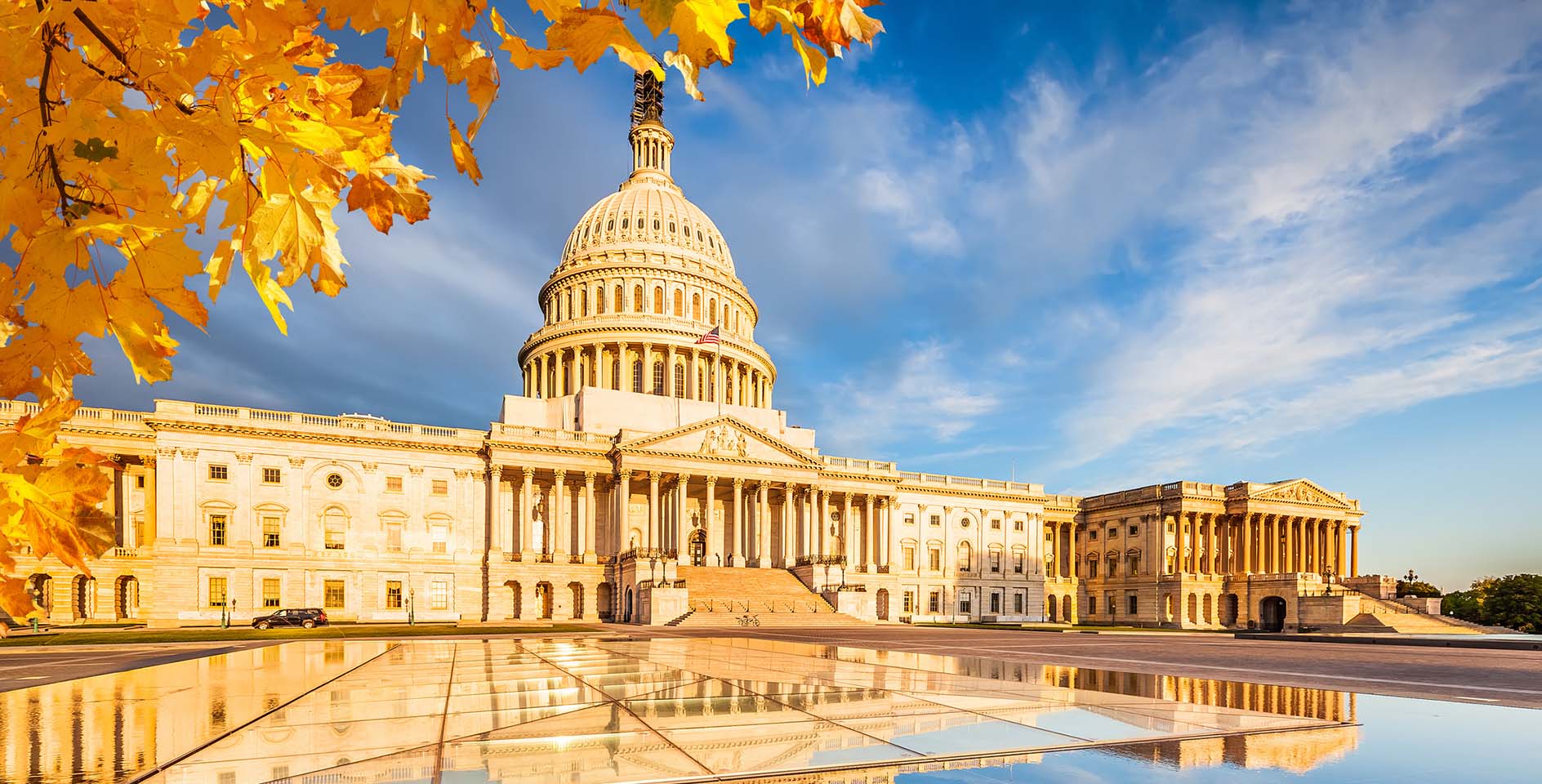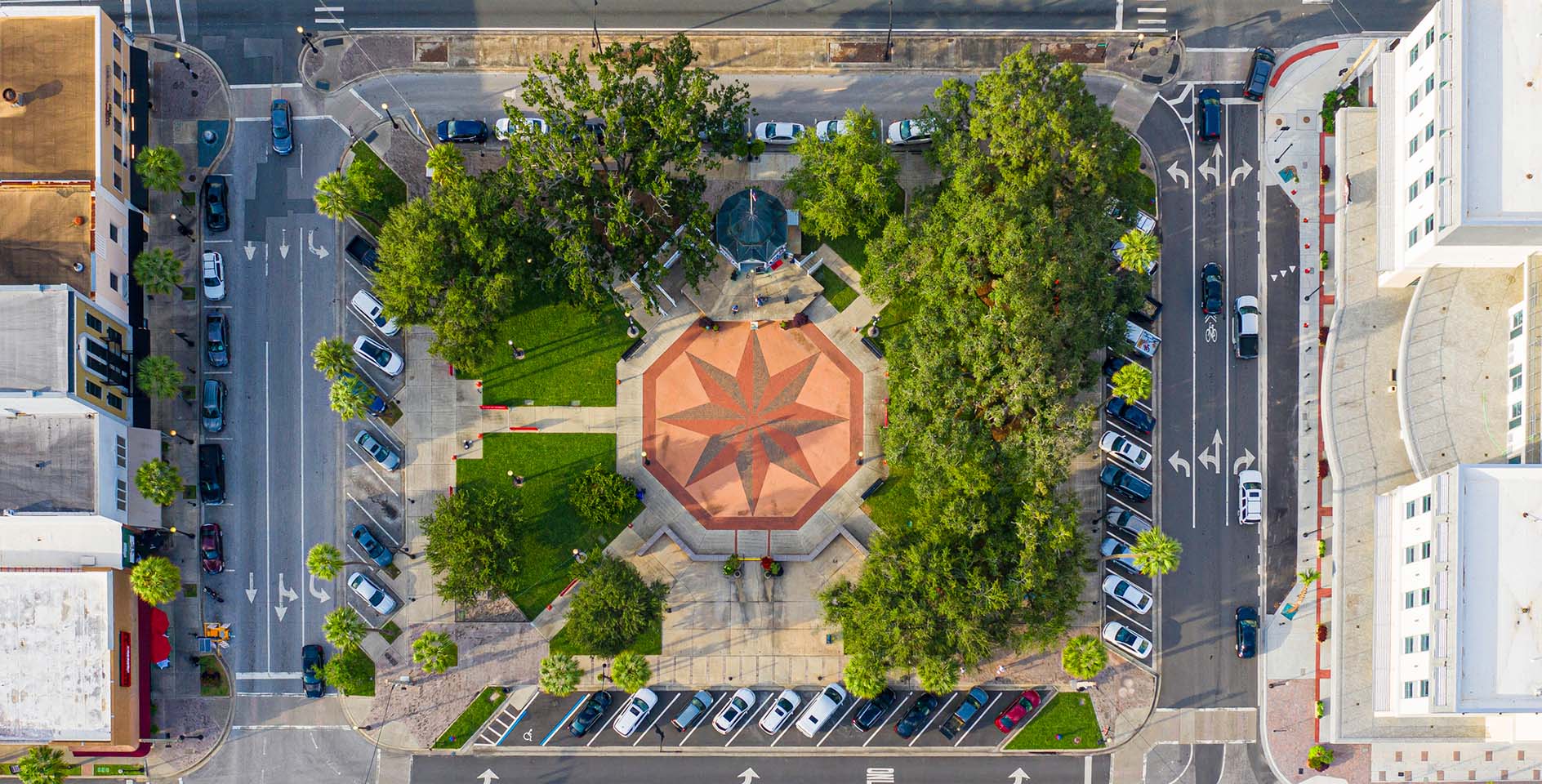One of the most respected evangelical intellectuals of the 20th century, Carl F.H. Henry, wrote, “If religious freedom is advocated only for pragmatic reasons, it can and will be sacrificed to expediency.” The cause of religious freedom is central to the Christian faith — especially in the Baptist tradition — because it recognizes the freedom of all people to act upon their deeply held beliefs in every aspect of public life. In a day when religious freedom can be invoked to bolster spurious claims of personal preference, while also being routinely trampled upon in the name of the ongoing sexual revolution, it is important to understand this crucial doctrine of soul freedom. Religious freedom recognizes that the state does not lay claim over the pre-political rights rooted in the nature of humanity. The state must operate within its God-given authority to promote the common good and publicly order society in a way that upholds the dignity of each individual.
Henry spoke to religious freedom in the American context by writing, “It is not the role of government to judge between rival systems of metaphysics and to legislate one over others; rather its role is to protect and preserve a free course for its constitutional guarantees.” Religious freedom, then, is central to a thriving democratic order as it recognizes that not only does the state have certain responsibilities in the social order, but it also reminds all people that faith is not simply a private matter of the individual nor can it be relegated simply to the “freedom to worship” as is so often invoked by those who want to banish any semblance of religious influence on the public square.
Peter Singer on religious freedom
As I have previously written, I routinely seek to read things outside of my circles in order to understand those around me better and to deepen my understanding of why I believe what I believe. Given my work in ethics and philosophy, I have recently been working through a number of texts from some of the most influential moral philosophers in our society. One essay in particular caught my attention as it illustrates a common misconception of religious freedom today.
Peter Singer, who serves as the Ira W. DeCamp Professor of Bioethics in the University Center for Human Values at Princeton University and Laureate Professor at the University of Melbourne, is one of the most influential moral philosophers of our generation. He is infamous for his controversial critique of the sanctity of life arguments, contending for a concept of personhood distinct from what defines one a human being. He is also one of the early forerunners of the animal rights movements even though he rejects the category of “rights.” When I ran across a short essay by Singer on religious freedom in a collection of essays first published in 2016, I was intrigued.
In an essay titled “The Use and Abuse of Religious Freedom” from Ethics in the Real World, he writes about the “proper limits of religious freedom” in light of three prominent news stories from 2012 that illustrate the tension between secular humanism and religious faith in the public square. Singer highlights questions over animal suffering and ritual animal sacrifice in the Netherlands, the Affordable Care Act and the controversial requirements imposed by the Obama Administration with the contraceptive mandates, and religious exemptions from military service in Israel. While these particular stories are obviously dated, the underlying beliefs about the nature of religious freedom are as relevant now as ever.
Singer notes that “when people are prohibited from practicing their religion — for example, by laws that bar worshiping in certain ways — there can be no doubt that their freedom of religion has been violated. Religious persecution was common in previous centuries, and still occurs in some countries today.” (226) While he stands firm on this limited freedom of worship, he quickly pivots to show that the public controversies he highlighted above are not violations of religious freedom since they “do not stop [people of faith] from practicing their religion.” He claims that people of faith are not required to eat meat, operate institutions such as hospitals or businesses, and that many faiths, including Judaism, are not inherently pacifist even though some may hold such a position from deeply held religious beliefs.
He goes on to note that “Restricting the legitimate defense of religious freedom to rejecting proposals that stop people from practicing their religion makes it possible to resolve many other disputes [in society].” For Singer, religion is simply the matter of the private acts of individuals and communities that have no real bearing on our public life together. While certain public practices may be informed by one’s faith, he argues that religious freedom is often invoked in disingenuous ways that endanger the common good of society since these supposed limitations on religious freedom are not — in his eyes — central to faithful expression of one’s private worship.
Clashing values in the public square
Throughout the essay, he downplays the full expression of religion in the public square, relegating it to the ability to privately worship as one chooses within a very limited secular framework. While the essay itself may be dated, this is a perfect illustration of the prevailing understanding of the role of religion in society today. Whether it is seen in the overly broad and dangerous content moderation policies concerning hate speech online or in the significant threats to religious freedom under the so called Equality Act in the United States, religious freedom must be of central concern in our secularizing public square.
In a day where some forms of identity — such as those in the LBGTQ+ movement — are not only to be tolerated in society but must accepted and celebrated by all without question, it is interesting to note that one’s religious beliefs, which are arguably just as or even more central to one’s identity, are to be relegated to private matters and trampled upon in the public square. Our society often champions the public expression of one set of deeply held beliefs but challenges the full expression of another based on the secularizing modern moral order and mores of the day. Questions of sexuality and gender, which have been traditionally argued for on the basis of an individual’s privacy before the courts, are no longer to be seen as simply private matters in society, but now must be championed and affirmed by all under the threat of cancel culture, loss of one’s business, and/or the subjugation of faith in the public square.
Singer concludes by using a common argument against religious freedom, stating that the three examples he references “are not really about the freedom to practice one’s religion” which suggests that the “appeal to religious freedom is being misused.” (228) This type of argument not only fails to reflect what courts have routinely upheld as the proper role of the state in religious matters, but is also based on a complete misunderstanding of the public nature of religion. True faith reorients every aspect of one’s life — both privately and in public. If one claims to believe something, yet does not publicly act upon those beliefs, then those beliefs can and should be called into question because our actions always reveal what we truly believe.
In the midst of the ongoing sexual crisis and the constant push to relegate faith to a private matter, religious freedom must be championed by all, for all; it is not only central to a thriving democracy but reflective of how God created all people in his image with inherent dignity and value. True faith can not be coerced, nor can it be walled off in an unseen compartment of one’s life. Religious freedom, then, cannot be upheld simply on pragmatic grounds, lest it give way to outside forces under pressure in a secularized society. While some seek to prioritize other claims of identity over public expressions of faith in the public square, Christians must stand for the dignity and freedom of all people to operate out of their deeply held beliefs, even as those beliefs clash in the public square.










